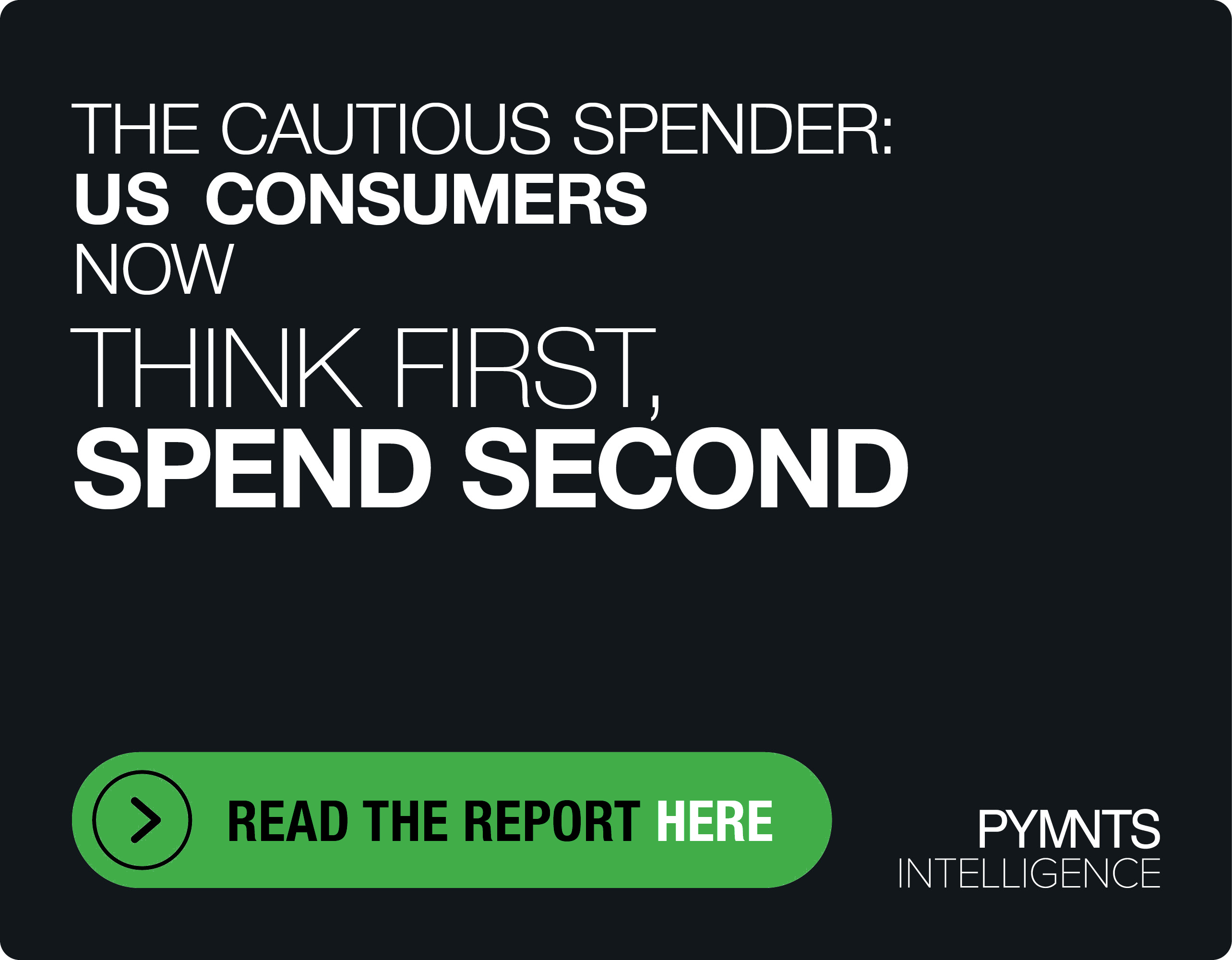Why Brands Are Bringing Their A-Game to Discount Retailers

Who said quality had to be expensive? As the stigma around shopping at dollar stores fades and the demand for affordable alternatives and replicas increases, brands and retailers are becoming more inclined to provide top-notch products at discounted prices. And this shift in attitude extends well beyond just food and encompasses beauty and fashion as well.
Unilever Teams up With Dollar General
In a bid to reach the growing consumer base found at Dollar General, Unilever created a clean beauty collection named Yes! Honey exclusively for Dollar General. Unilever says the new brand offers natural ingredients at a budget-friendly price, diverging from the usual high costs associated with clean beauty products available at stores like Sephora.
The launch follows Dollar General’s “Beauty Reinvention” campaign in 300 of its stores in February, which featured redesigned in-store departments and a strategy to introduce over 1,000 new products in the beauty, skincare and hair care categories. The initiative included a targeted objective of expanding the skincare section by 50% and enhancing the soap and shower product assortment by 30% in these selected stores.
“We have been purposeful in our expansion, balancing new, fresh and trendy items with value. Beauty Reinvention creates a beauty destination at DG,” Amanda Wilson, senior beauty buyer at Dollar General, told Modern Retail.
Discount Retailers see Affluent Consumer Base
As noted in a recent Wall Street Journal report, higher-income consumers have been increasingly drawn to stores such as Dollar General and Five Below during periods of inflation.
Michael Liersch, head of advice and planning at Wells Fargo, told the WSJ that those high-end consumers previously perceived discount retailers as not catering to their needs. But where once there was a trend among certain groups to engage in excessive spending, the focus has now shifted to maximizing value and avoiding unnecessary expenses, he said.
The report references data from InMarket, a company that tracks foot traffic at retailers. According to their findings, there has been an average rise of 4% in the proportion of visits to dollar stores by individuals earning over $100,000 per year since the latter half of 2022.
And surveys conducted by Morning Consult reveal that households with incomes in the six-figure range are now 15% more inclined to express their willingness to shop at dollar stores compared to their sentiments in June 2022.
These findings align with a recent study conducted by PYMNTS, which discovered that by the end of the previous year, 16% of higher-income individuals faced difficulties in meeting their financial obligations, while 34% lived paycheck to paycheck but managed to cover their monthly bills without any problem.
See also: Dollar Stores See Influx of Wealthy Consumers as Inflation Persists
We Used to Call Dupes ‘Generic’
Numerous retailers have for some time provided a more budget-friendly version of consumer goods, often referred to as “generic” products. But the widespread acceptance and adoption of private-label goods is recent.
Read more: Dupe, Private Label, Call It What You Want, Consumers Want More
That widespread adoption of private label goods has prompted Dollar General to take significant steps to expand its private brand offerings across multiple categories. By the end of 2023, the company plans to introduce fresh produce in 5,000 of its stores, with further intentions to expand this initiative to 10,000 stores in the upcoming years.
“We’re seeing shopping behaviors indicative of this environment,” Jeff Owen, chief executive officer, said in March. “We continue to see customers shift spending to more affordable options, including our private brands, which represent more than 20% of our total sales within consumables. Private brand growth, both in absolute dollars and penetration, was the highest in the fourth quarter.”
Major brands and retailers like Colgate-Palmolive, Coca-Cola, Albertsons, and Walmart have taken notice of the trend and are responding to meet consumer preferences.
And during the fiscal first quarter, Walmart experienced a boost in earnings as consumers turned to the retail giant to stock up on affordable private-label products. The company reported a year-on-year increase of 1.1% in its private brand penetration.
Read more: Walmart: Grocery Sales Grow Double Digits as Consumers Embrace Private-Label Brands
Premium Fashion at a Discount
Bargains go beyond consumer goods and the dollar store — they’re making their way into fashion.
In a bid to gain more market share on the dupe hype, luxury labels have opted to make their more affordable variations through team-ups with fast fashion retailers.
In May PYMNTS reported that Muger and H&M joined forces to launch a collection of womenswear, menswear and accessories. These products were made accessible through both physical stores and online platforms, with prices ranging from $39.99 to $549. Interestingly, the collaboration between H&M and Mugler presents items that closely mirror those found in the premium priced Mugler brand collection, allowing consumers to feel as if they were getting a strikingly similar variation that could be found from the luxury labels higher priced line.
“It is truly an honor to collaborate with H&M. The collection is a celebration of everything that defines Mugler as a house and each piece is authentic Mugler, from the bodysuits, which have become a signature of ours, to the sharp tailoring and worked denims. It is a showcase of our icons,” Casey Cadwallader, creative director at Mugler, said at the time of the announcement.
In recent years, H&M has also partnered with high-end designers such as Versace, Balmain, and Moschino.
Read more: Mugler and H&M: Why Luxury Brands Are Leaning Into Fast Fashion

